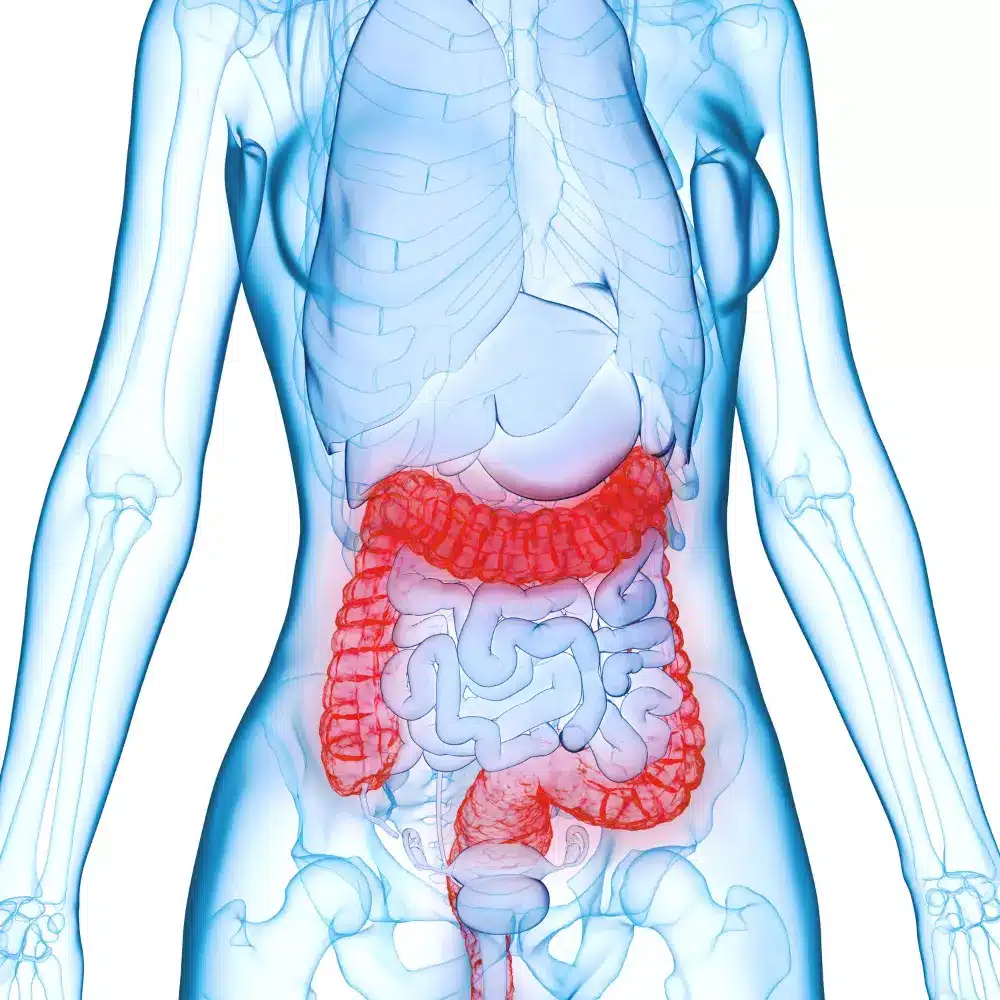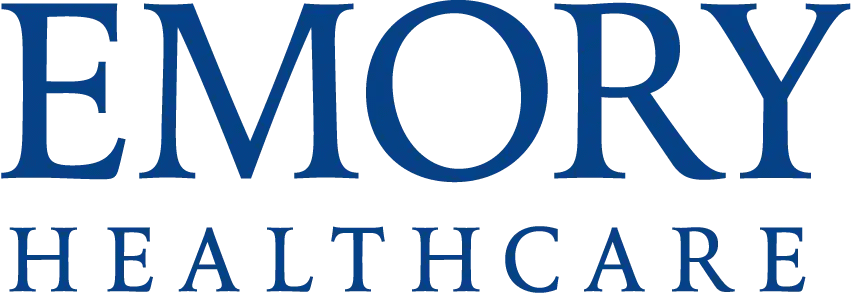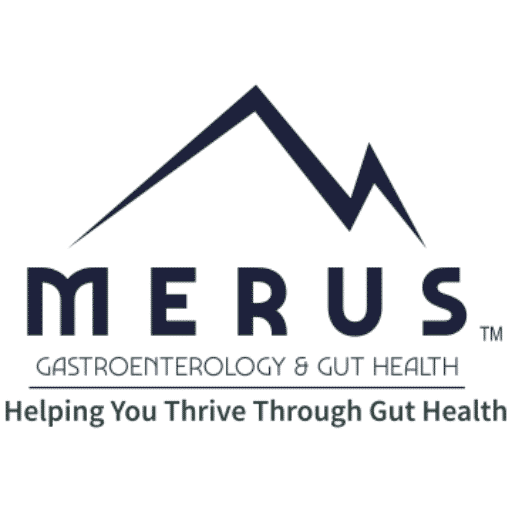Gastroesophageal reflux disease (GERD) is a chronic condition that affects millions of individuals, causing symptoms such as heartburn, regurgitation, and discomfort. Managing GERD effectively requires understanding the available treatment options and making informed decisions. At Merus Gastro, your trusted gastro doctors in Johns Creek, GA, we are dedicated to helping you navigate these options to find the best approach for your condition.
Understanding GERD
GERD occurs when stomach acid frequently flows back into the esophagus, leading to irritation and inflammation. While occasional acid reflux is common, GERD is a more severe and persistent condition that requires medical attention.
Symptoms of GERD
Common symptoms of GERD include:
- Heartburn: A burning sensation in the chest, often after eating.
- Regurgitation: Sour or bitter-tasting acid backing up into the throat or mouth.
- Dysphagia: Difficulty swallowing or feeling like food is stuck in the throat.
- Chest Pain: Discomfort or pain in the chest, sometimes mistaken for heart-related issues.
- Chronic Cough: Persistent cough not related to respiratory conditions.
- Hoarseness: Inflammation of the voice box leading to hoarseness.
Treatment Options for GERD
Effective management of GERD involves a combination of lifestyle changes, medications, and, in some cases, surgical interventions. Understanding these options can help you make informed decisions about your treatment plan.
- Lifestyle and Dietary Changes
Implementing lifestyle modifications can significantly reduce GERD symptoms and improve your quality of life.
Diet Modifications:
- Avoid Trigger Foods: Identify and avoid foods that trigger acid reflux, such as spicy foods, fatty foods, chocolate, caffeine, and alcohol.
- Eat Smaller Meals: Consuming smaller, more frequent meals can prevent excessive stomach distension and reduce reflux.
- Avoid Late-Night Eating: Refrain from eating at least two to three hours before bedtime to prevent nighttime reflux.
Lifestyle Changes:
- Weight Management: Achieving and maintaining a healthy weight can reduce pressure on the abdomen and lower the risk of acid reflux.
- Elevate Head of Bed: Raising the head of your bed by 6 to 8 inches can prevent acid from flowing back into the esophagus while you sleep.
- Quit Smoking: Smoking weakens the lower esophageal sphincter (LES), making it easier for stomach acid to reflux into the esophagus.
- Wear Loose Clothing: Tight clothing can put pressure on the abdomen and exacerbate reflux symptoms.
- Medications
Medications are often used to manage GERD symptoms and prevent complications. Your gastro doctor in Johns Creek, GA, can recommend the most appropriate medications based on the severity of your condition.
Over-the-Counter (OTC) Medications:
- Antacids: These neutralize stomach acid and provide quick relief for mild symptoms. Examples include Tums, Rolaids, and Maalox.
- H2 Blockers: These reduce acid production and provide longer-lasting relief than antacids. Examples include ranitidine (Zantac) and famotidine (Pepcid).
Prescription Medications:
- Proton Pump Inhibitors (PPIs): PPIs are potent acid reducers that allow the esophagus to heal and prevent further damage. Examples include omeprazole (Prilosec), esomeprazole (Nexium), and lansoprazole (Prevacid).
- Prokinetics: These medications help strengthen the LES and improve gastric emptying, reducing reflux. Examples include metoclopramide (Reglan) and domperidone.
- Surgical Interventions
When lifestyle changes and medications do not provide sufficient relief, surgical options may be considered. Surgical interventions are typically reserved for severe cases of GERD or when complications arise.
Fundoplication:
- Procedure: The top of the stomach (fundus) is wrapped around the LES to strengthen it and prevent acid reflux.
- Types: Nissen fundoplication (complete wrap) and partial fundoplication (partial wrap).
- Effectiveness: This procedure is highly effective in reducing reflux symptoms and preventing complications.
LINX Device:
- Procedure: A ring of magnetic beads is placed around the LES to strengthen it and prevent acid reflux.
- Benefits: Minimally invasive with a quick recovery time, and it preserves the ability to belch and vomit.
Endoscopic Procedures:
- Stretta Procedure: Uses radiofrequency energy to tighten the LES.
- Endoscopic Fundoplication: Minimally invasive procedure that mimics the effects of traditional fundoplication using an endoscope.
Making Informed Decisions
Navigating the treatment options for GERD can be overwhelming, but making informed decisions is crucial for effective management. Here are some steps to help you make the best choices:
- Consult a Specialist:
- Expert Guidance: Consult a gastroenterologist to get an accurate diagnosis and personalized treatment plan.
- Comprehensive Evaluation: A thorough evaluation, including endoscopy and pH monitoring, can help determine the severity of your GERD and guide treatment decisions.
- Understand Your Options:
- Education: Learn about the benefits, risks, and side effects of each treatment option.
- Ask Questions: Don’t hesitate to ask your doctor questions about the treatments, their effectiveness, and what you can expect.
- Consider Your Lifestyle:
- Personal Preferences: Consider your lifestyle, preferences, and any other health conditions when choosing a treatment option.
- Commitment: Ensure you are comfortable with and can commit to the recommended lifestyle changes or treatment regimen.
- Monitor and Adjust:
- Track Symptoms: Keep a diary of your symptoms and how they respond to treatment.
- Regular Follow-Ups: Schedule regular follow-ups with your gastroenterologist to monitor your progress and make any necessary adjustments to your treatment plan.
Conclusion
Managing GERD effectively requires understanding the available treatment options and making informed decisions. Whether through lifestyle changes, medications, or surgical interventions, the right approach can significantly improve your quality of life.
At Merus Gastro, your trusted gastro doctors in Johns Creek, GA, we are committed to providing you with comprehensive care and personalized treatment plans for GERD. Our experienced team is here to guide you through the process and help you achieve optimal digestive health.
Contact Us
If you are experiencing symptoms of GERD, don’t wait to seek help. Contact Merus Gastro today to schedule a consultation with our experienced gastroenterologists. Let us help you navigate your treatment options and take control of your digestive health.









